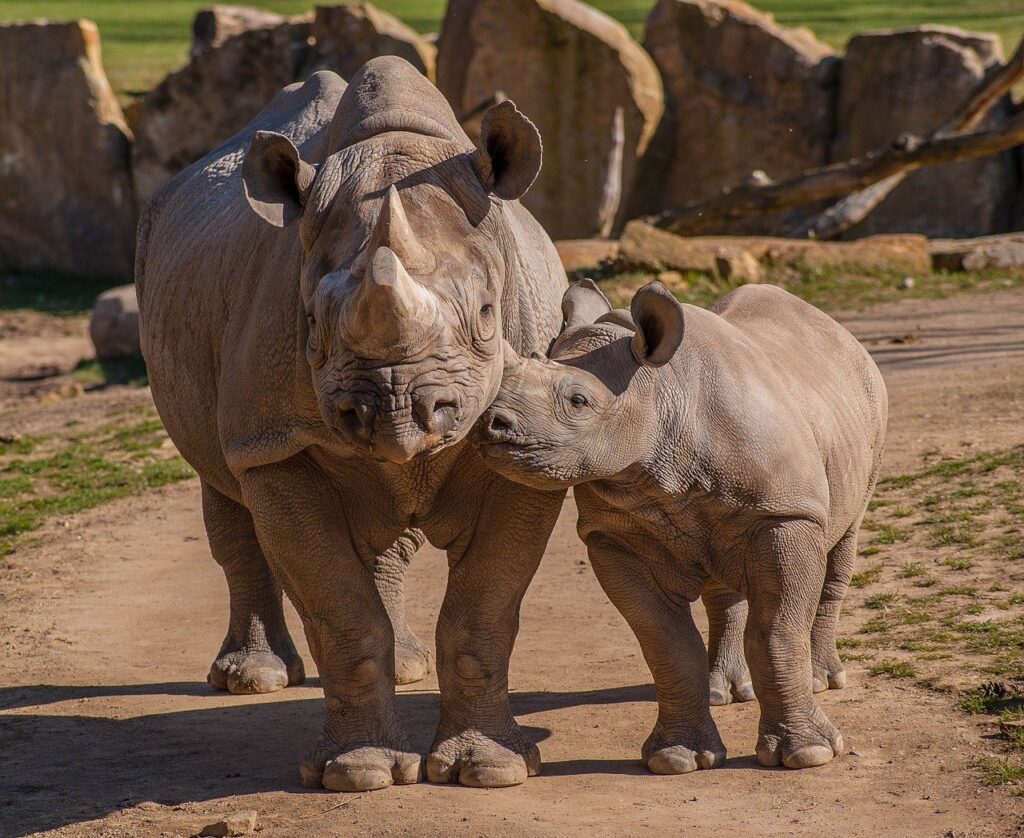Campaigners warn corruption is driving rhinos into extinction – and the problem is only getting worse
Poachers masquerading as rangers, magistrates allegedly taking bribes from kingpins and lenient sentences handed out to ruthless criminals – this is the current state of South Africa’s rhino crisis, according to campaigners.
Strict limits on travel due to coronavirus, imposed last year, had a positive effect on keeping poachers and smugglers at bay, with just 394 rhinos poached in the country in 2021, 30 percent fewer than the year before and the lowest yearly tally since 2011.
The majority of these incidents came from Kruger National Park (245) and the Kwa-Zulu Natal (93), according to South Africa’s Department of Environment, Forestry and Fisheries.
But with gates open again, the onslaught on rhinos and corruptioninside courtrooms is once again rising, according to Jamie Joseph, head of the environmental charity, Saving the Wild.
Speaking from an undisclosed location in Africa, Ms Joseph told the Independent: “For the last decade corruption has been driving rhinos into extinction, and it’s just getting worse.
“The kingpins call the shots; we run the intel, they get arrested, but then they always get bail and never go to jail.”
Ms Joseph alleged that kingpins were able to “rule” because of the “dirty officers and magistrates on their payroll.”
South Africa is home to 80 percent of Africa’s rhino population, but there are only about 25,000 rhinos left and roughly 1,000 are killed every year for their horn.
But the violent and deadly trade has brewed in the country for decades; In 2007, the country lost just 13 rhinos to poaching; the next year, that number jumped to 83.
By 2014, a total of 1,215 had been killed in one year and deaths are still high.
The horns are made of keratin, the same substance as fingernails, which means they can grow back. They are considered to be worth more by weight than cocaine, and so traffickers go to great lengths to smuggle it out or in and around Africa.
Ms Joseph, a dedicated conservationist originally born in Zimbabwe, first launched what she describes as the “Blood Rhino Blacklist” in 2017 – a list of allegedly corrupt magistrates and lawyers who she claims have taken bribes on rhino poaching and other crimes.
.
By Abbianca Makoni, June 17, 2021, published on The Independent






